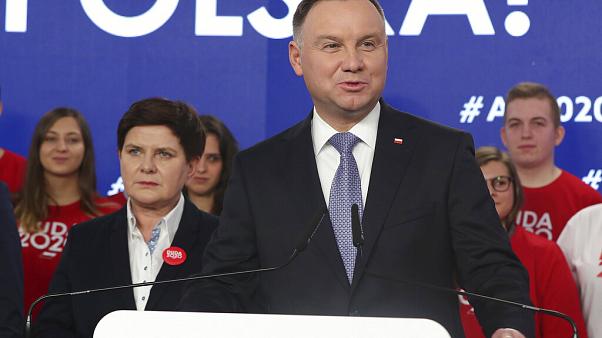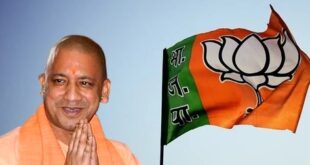Special Desk
Who will win the Poland presidential election on Sunday will be crucial to know how the country’s future takes shape and its strained relations with the EU for at least the next few years.
The incumbent President Andrzej Duda’s re-election for another five-year term, his allies, the nationalist Law and Justice-led government will continue their socially conservative policies, efforts to control independent institutions and generous state handout programme.
If the more liberal mayor of Warsaw, Rafal Trzaskowski, wins, he has said he will stand up for minorities and use the president’s right to veto legislation to block what he sees as the government’s attempts to politicise the judiciary and attack democratic values.

Trzaskowski says he will co-operate with the government but a victory for him would almost certainly start a war between the two branches of power. Both men have distinct visions for the future of Poland.
Also Read : PAP wins in Singapore
Also Read : US President commuted prison sentence of former adviser
President Duda, 48, is a lawyer by training. He won a surprising victory in 2015 representing the young, moderate face of the Law and Justice party, which had lost a string of elections under all powerful party leader and candidate, Jaroslaw Kaczynski.
He is a socially conservative Roman Catholic, who says he wants to defend the traditional family model. On the one hand, he supports the government’s popular and generous welfare scheme, symbolised by the 500+ programme, under which families receive 500 zloty (£100; €110; $125) per month for each child until the age of 18.
Many Polish families have been lifted out of poverty as a result of the government’s policies, and, for the first time since the end of communism in 1989, feel there is a party that cares about their needs.
 Jubilee Post News & Views
Jubilee Post News & Views





